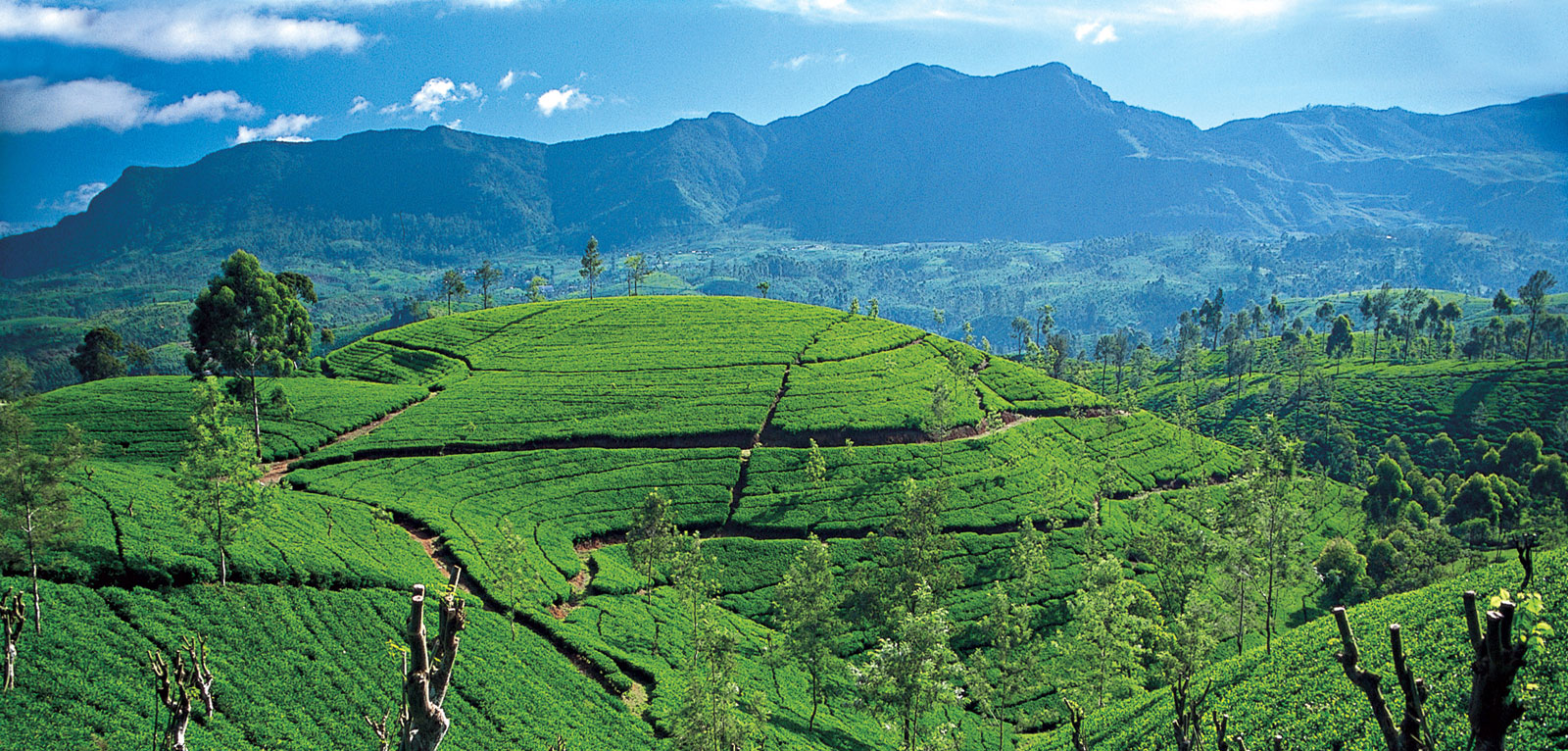Colombo, October 12 (NIA): With a labor agitation and a partial strike on since September 26 adding to the woes created by new lows in production, exports and earnings, Sri Lanka’s tea industry is at the cross-roads. It either has to reform and perform or perish.
Almost a fourth of Sri Lanka’s one million plantation workforce drawn from the Indian Tamil community, have been either on a strike or agitation demanding a minimum wage of LKR 1000 (US $7) per day. But plantation companies are not willing to go beyond LKR 720 (US$ 5) per day from the present LKR 620 (US$ 4.2) per day and insist that any wage increase will have to be based not on attendance but on productivity.
The worker’s demand is based on three factors: rising cost of living; non arrival at a Collective Agreement since 2013, and the non-availability of avenues of advancement for the workers.
Prices have gone up since 2013 but there has been no wage revision, though as per a previous understanding, there should have been a fresh Collective Wage Agreement every two years. There were no talks or an agreement in 2015. Estate managements do not give facilities for education and skills development or facilitate extra income generation through supplementary occupations like small-scale cultivation of vegetables. The only facility given is housing, but the nature of estate housing is appalling having remained unchanged since colonial times.
The managements, on the other hand, want any agreement to be based on productivity and not on attendance, as it has been for the last 150 years. They point out that Sri Lankan estates’ productivity is the lowest among tea producing countries. While it is 1700 tons per year per hectare in Sri Lanka, it is 2000 tons per ha in Kenya and in the better run estates in India. The companies blame labor for low productivity. But labor blames the managements. It is widely known that companies have not invested in modernization of equipment and land management. Replanting is also inadequate.
But the chairman of the Planters’ Association Roshan Rajadurai says that 60 percent of the estates of the three Regional Plantation Companies (owned by blue chip companies) have been replanted.
The managements point to fall in production and declining exports for their inability to pay higher wages and blame the government, the international political situation and labor for their plight.
In 2016, tea production is likely to fall below 300 million kg, the lowest since 2000. In the first eight months of 2016, earnings dropped to US$ 843 million, lowest level since 2007. Exports have suffered due to instability in the Middle Eastern and Russian markets and Sri Lankan tea’s inability to penetrate the European market. There is only niche market for Ceylon Tea which Sri Lanka wants to promote. Sri Lanka is yet to go for valued added teas being biased against them.

The government’s ban on chemicals to destroy weeds, the high cost of fertilizers and rising wages are blamed for rising costs of production. Labor comes in for particular criticism because it accounts for 70 percent of the total cost of production. And it is on wages that the companies try to economize.
But Labor rejects the companies’ case, saying that they violate ILO conventions. As per an ILO convention, five days’ work should be assured, but companies offer only three.
“Wages should be pegged to Cost of Living, as they were earlier. But this system was abandoned sometimes ago and substituted by the two-year Collective Agreement,” points out Ashraf Aziz, Democratic Workers’ Congress
“But employers are reluctant to enter into a Collective Agreement now unless it is based on productivity,”Aziz said.
Aziz considers the demand for LKR 1000 per day as being an election gimmick which cannot be implemented under the present circumstances. He considers LKR 730 as being reasonable.
But even this seems a far cry with the employers demanding a productivity linked system.
Meanwhile, all Tamil political parties, even those not linked to the Indian Tamil community, have made statements in support of the workers’ strike. The Sinhalese leftist Janata Vimukthi Peramuna (JVP) has also jumped on the bandwagon. Having politically committed itself to LKR 1000 per day during the last elections, parties in the Sri Lankan coalition government are also backing the workers. But with the planters and workers unable to see eye to eye, it is the bounden duty of the government to step in and work out a compromise.




























































